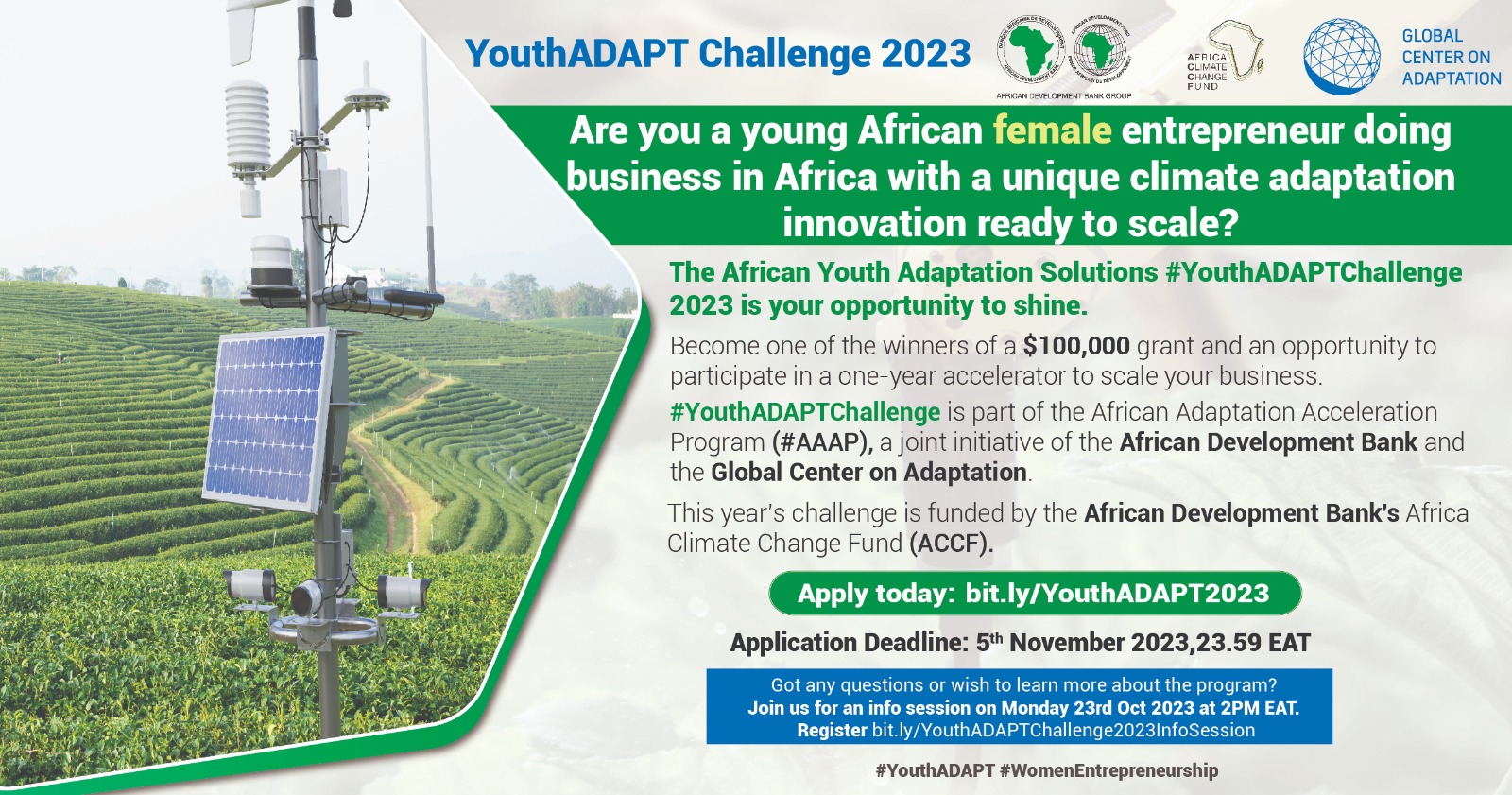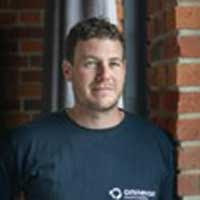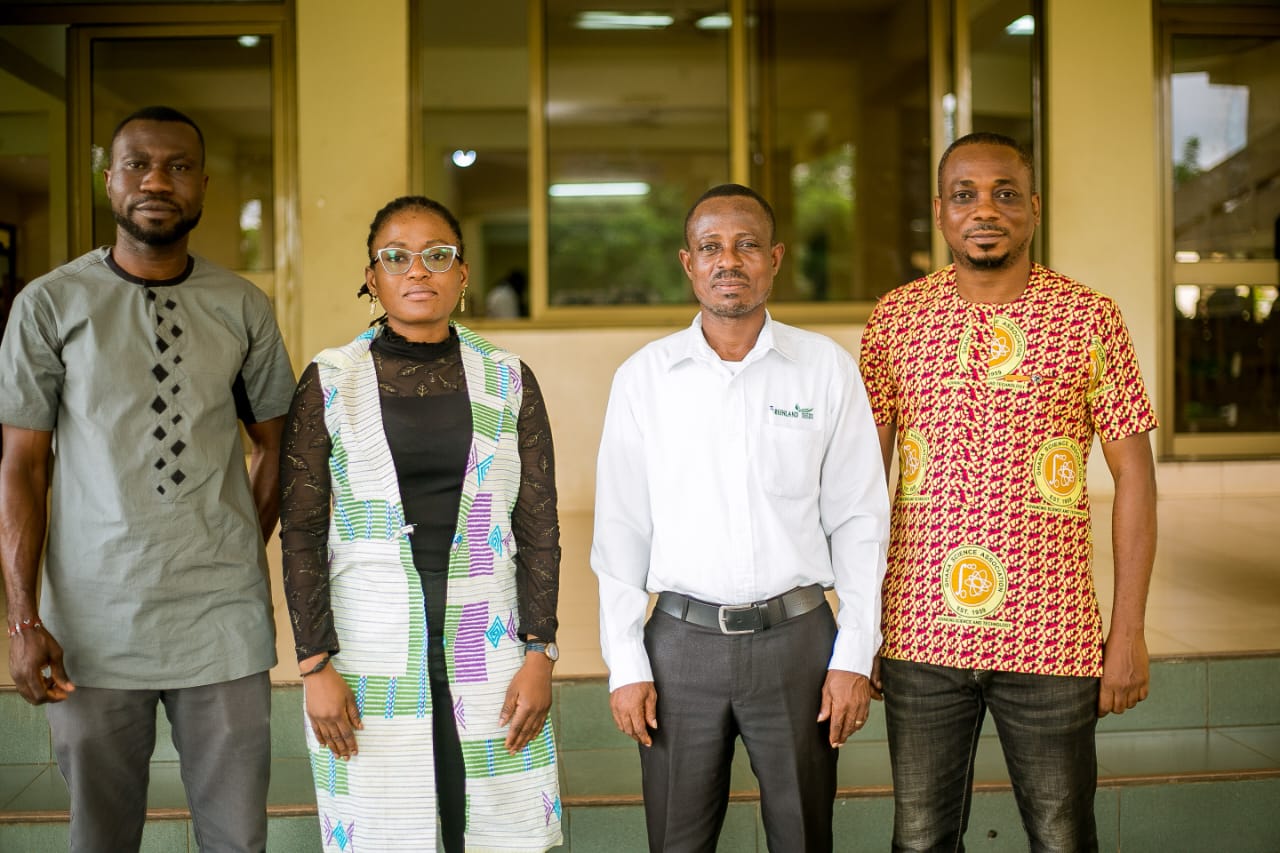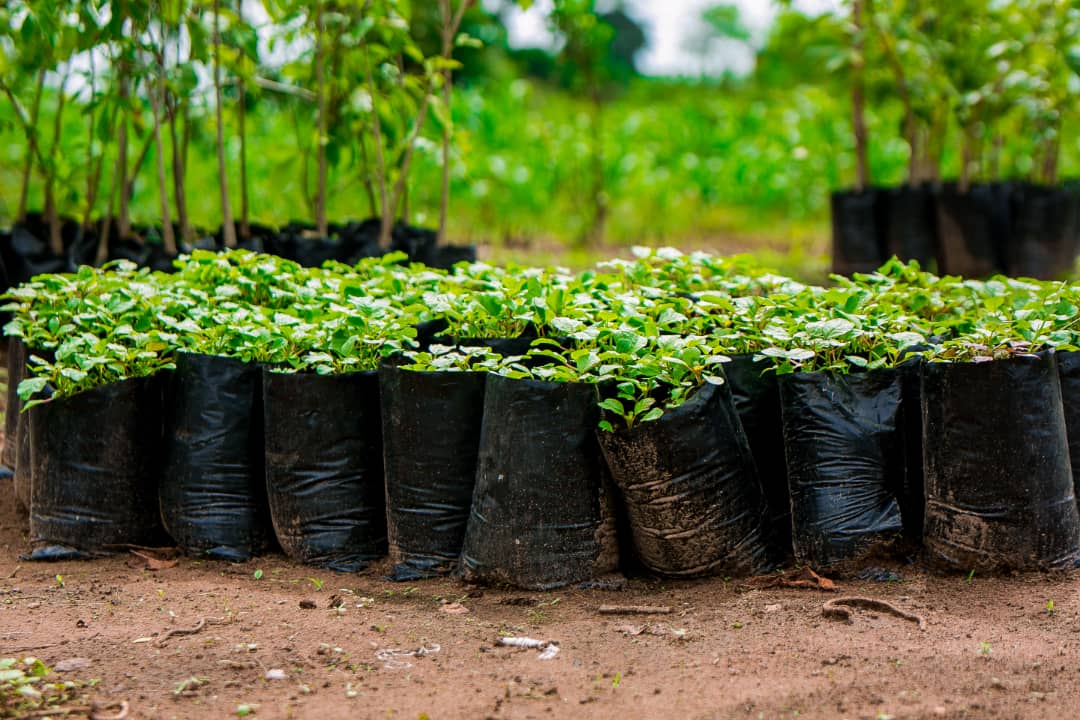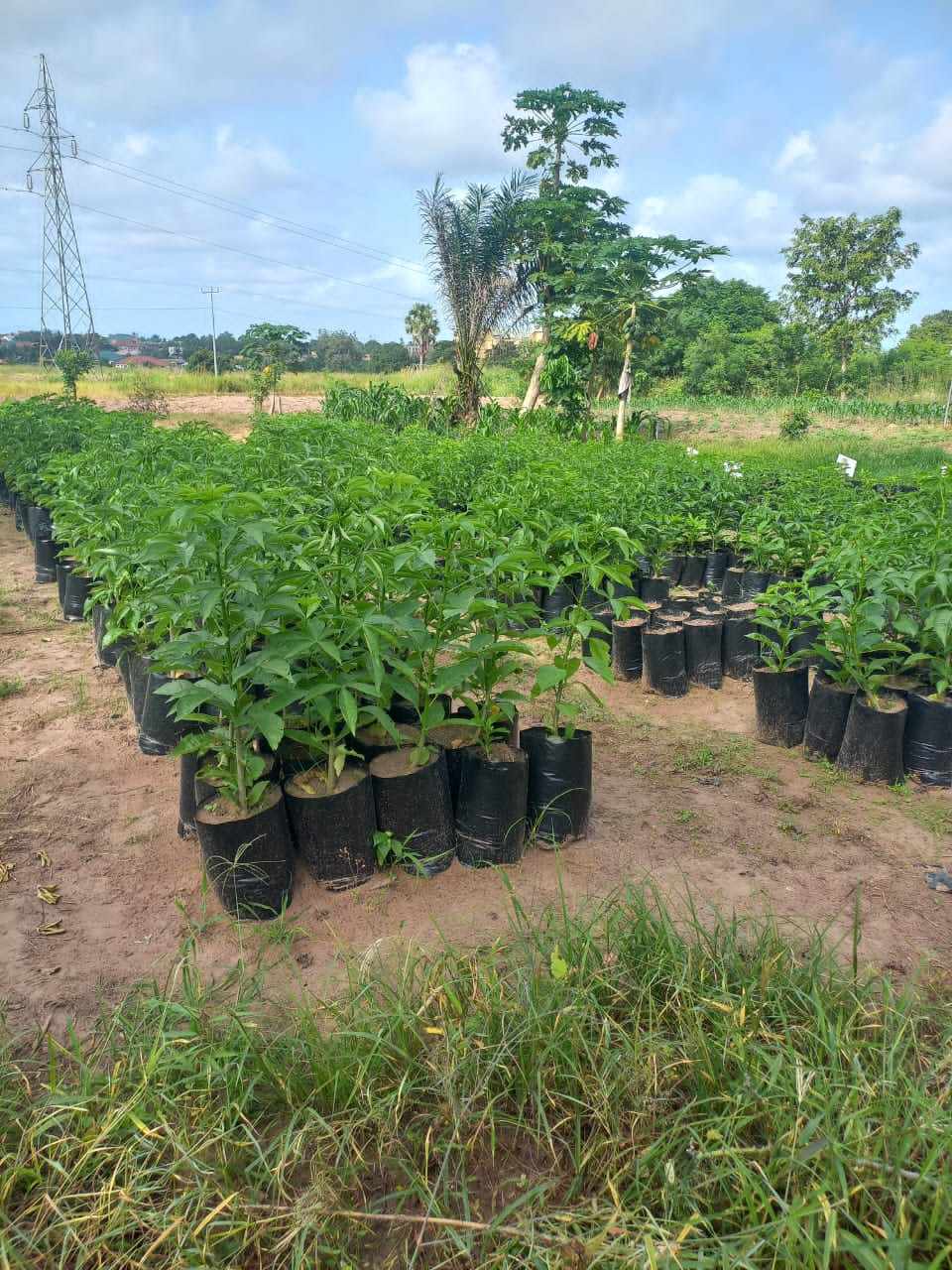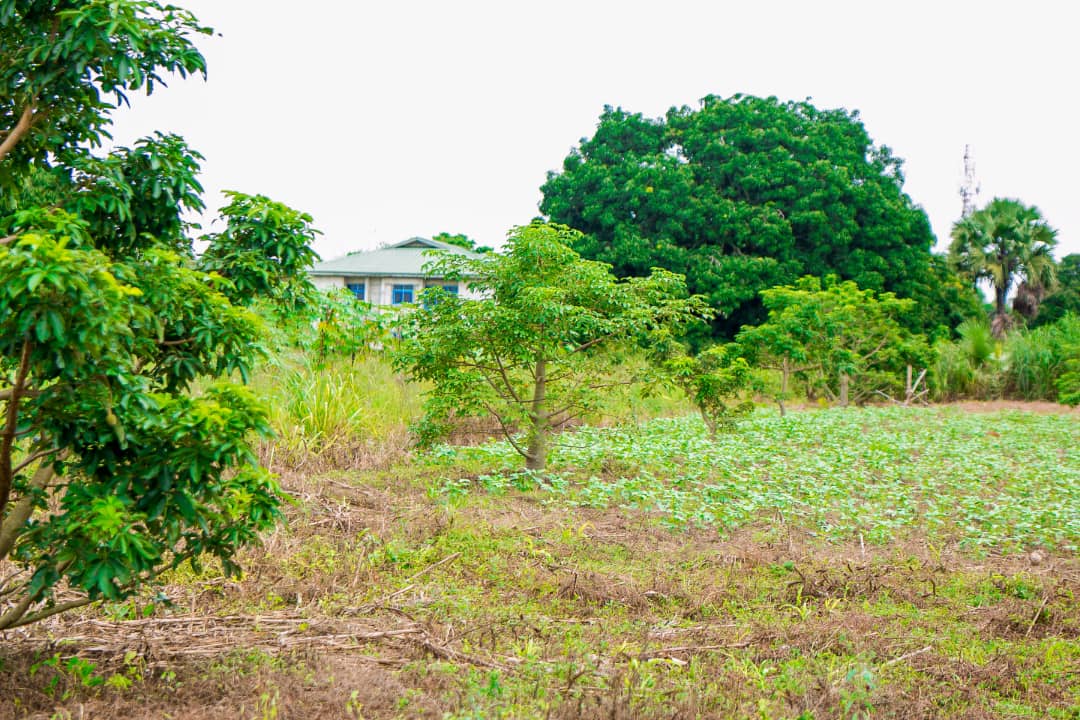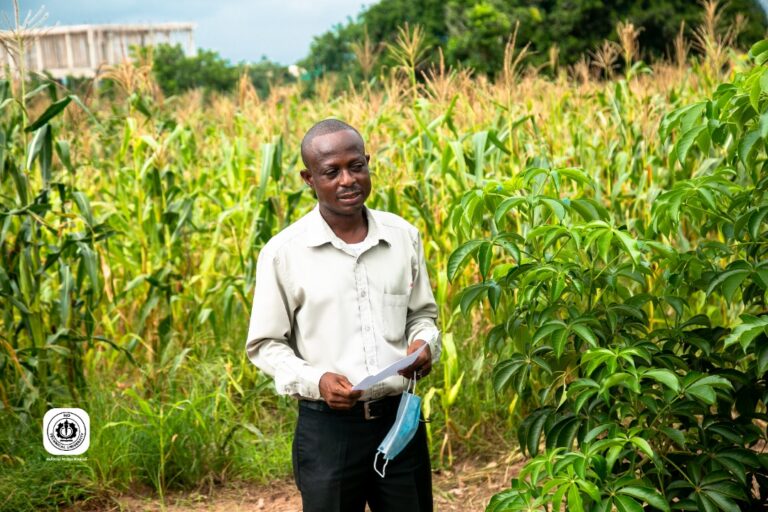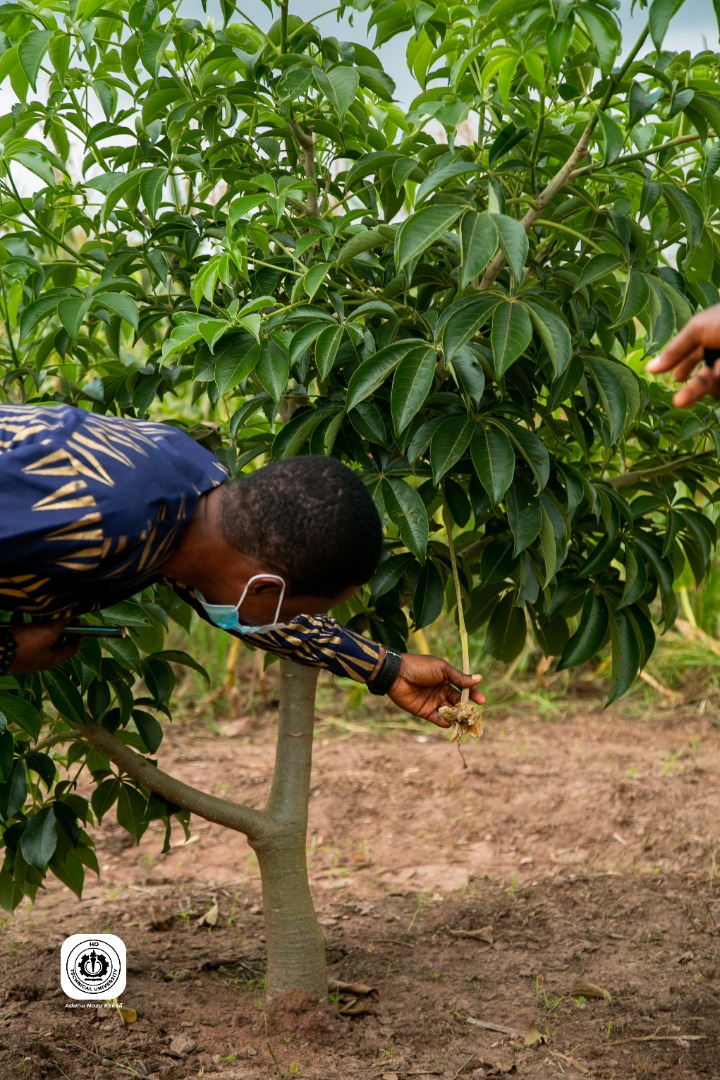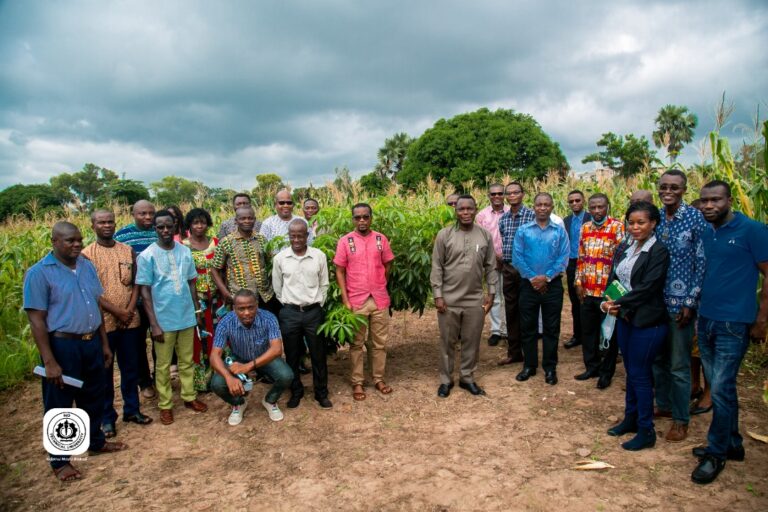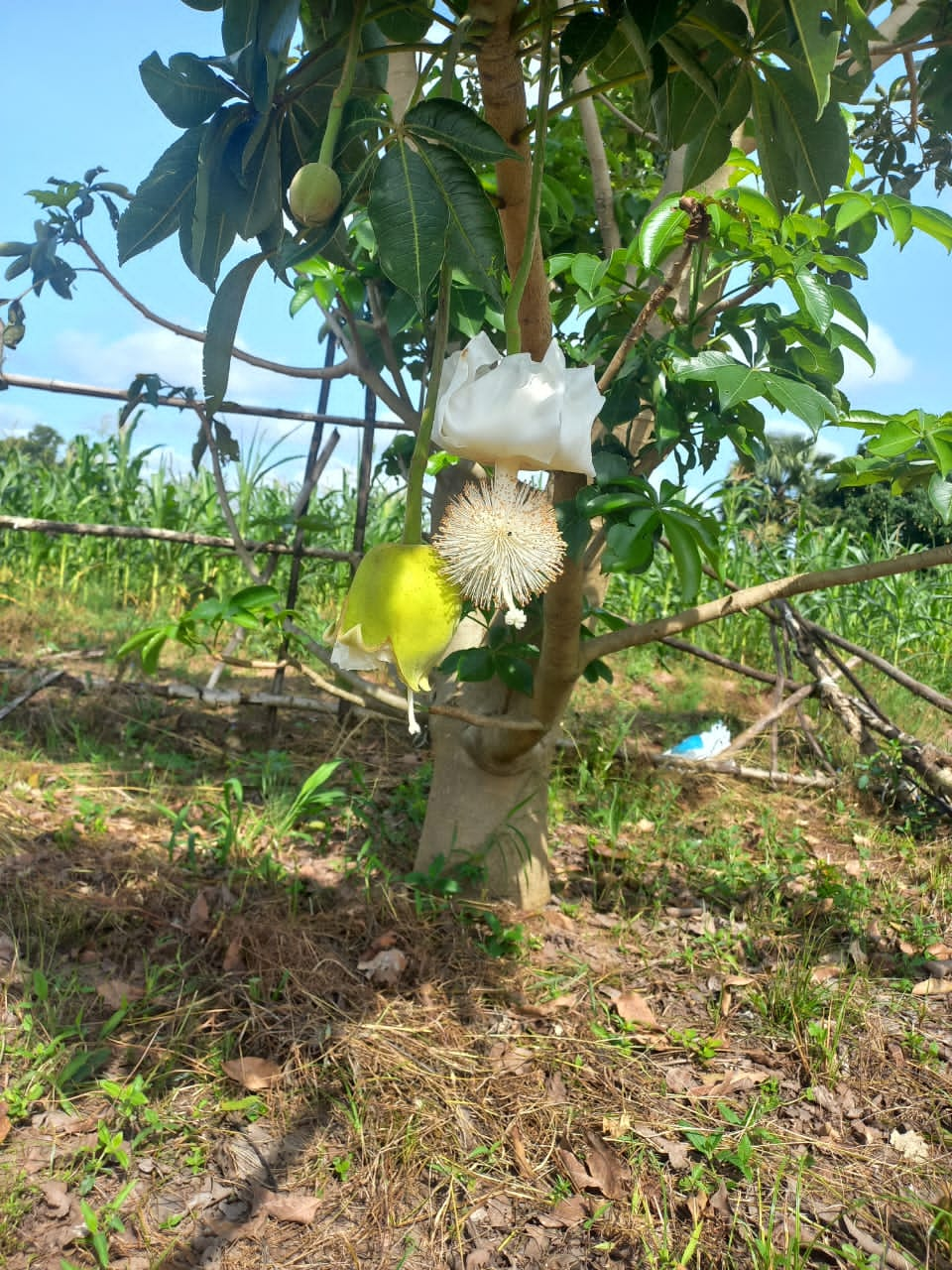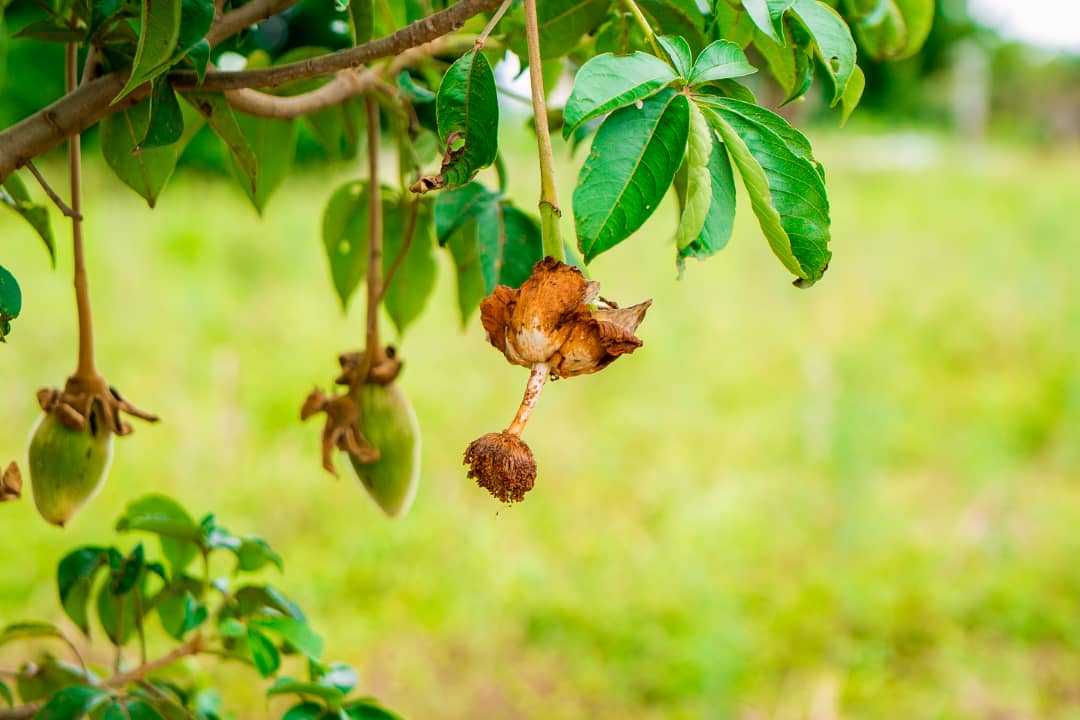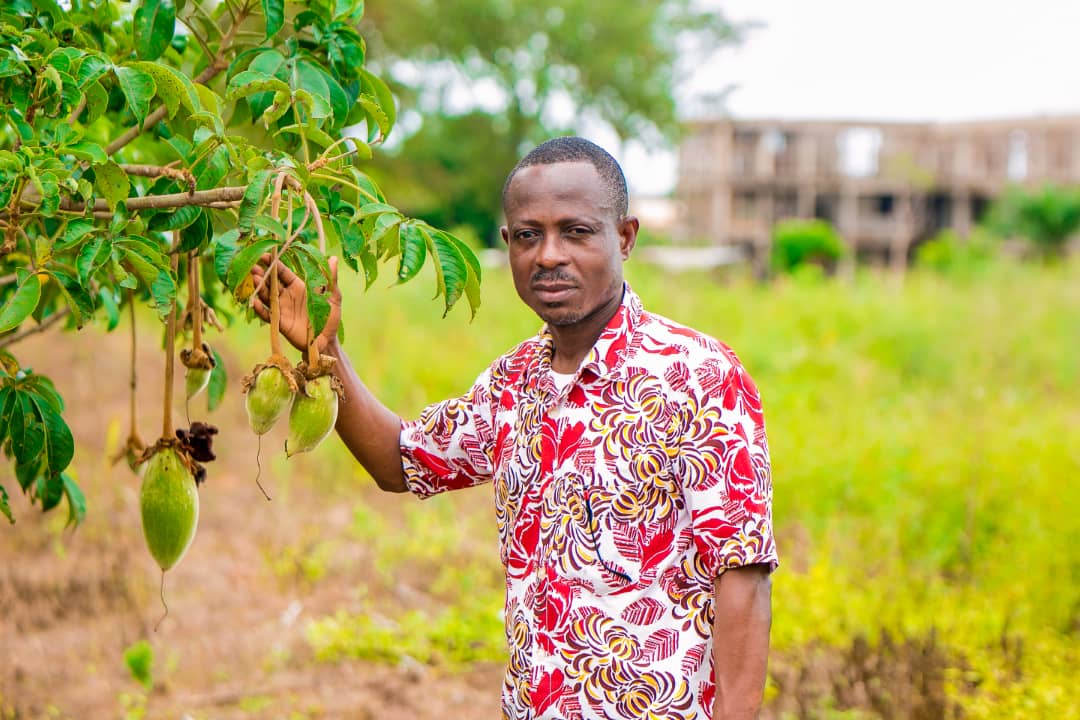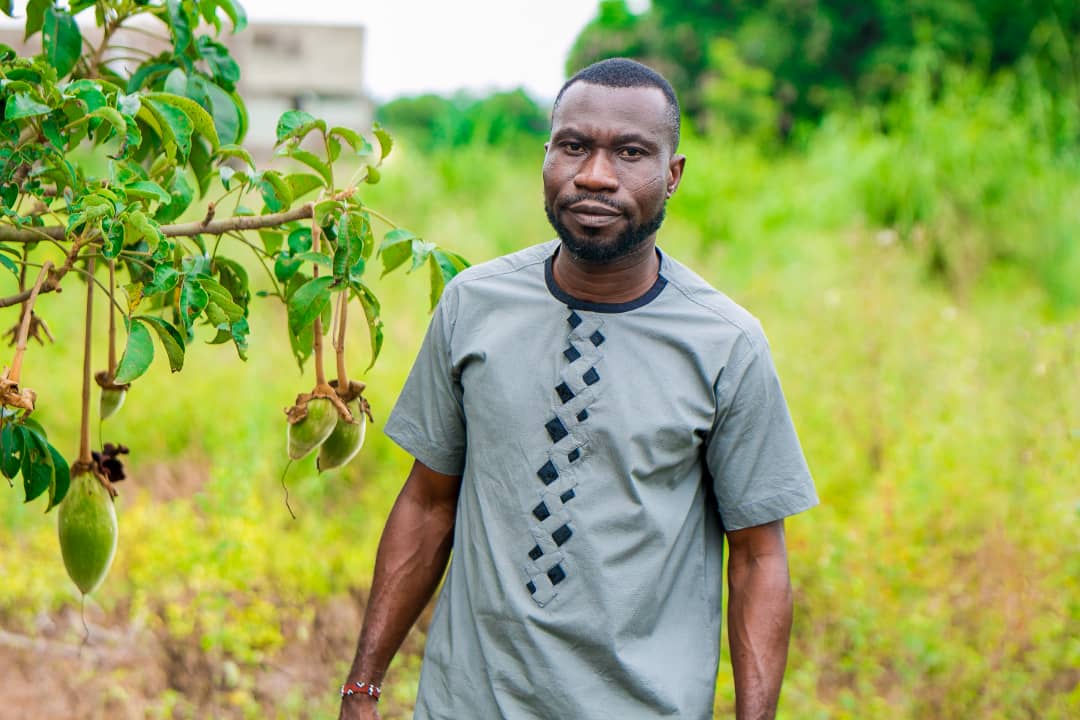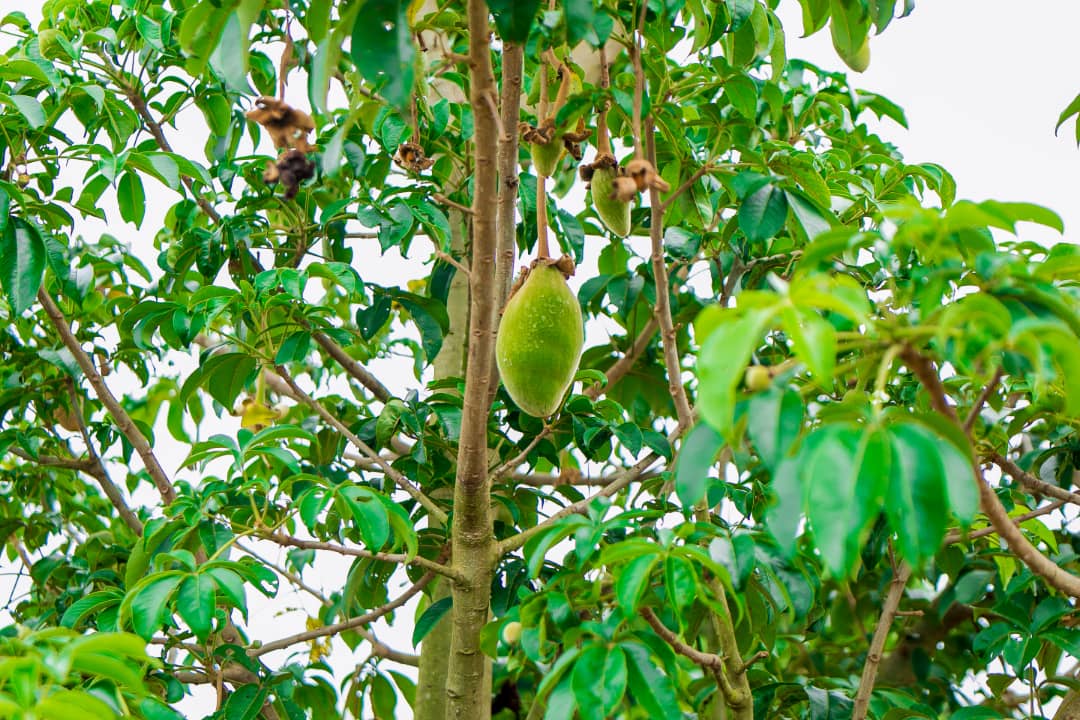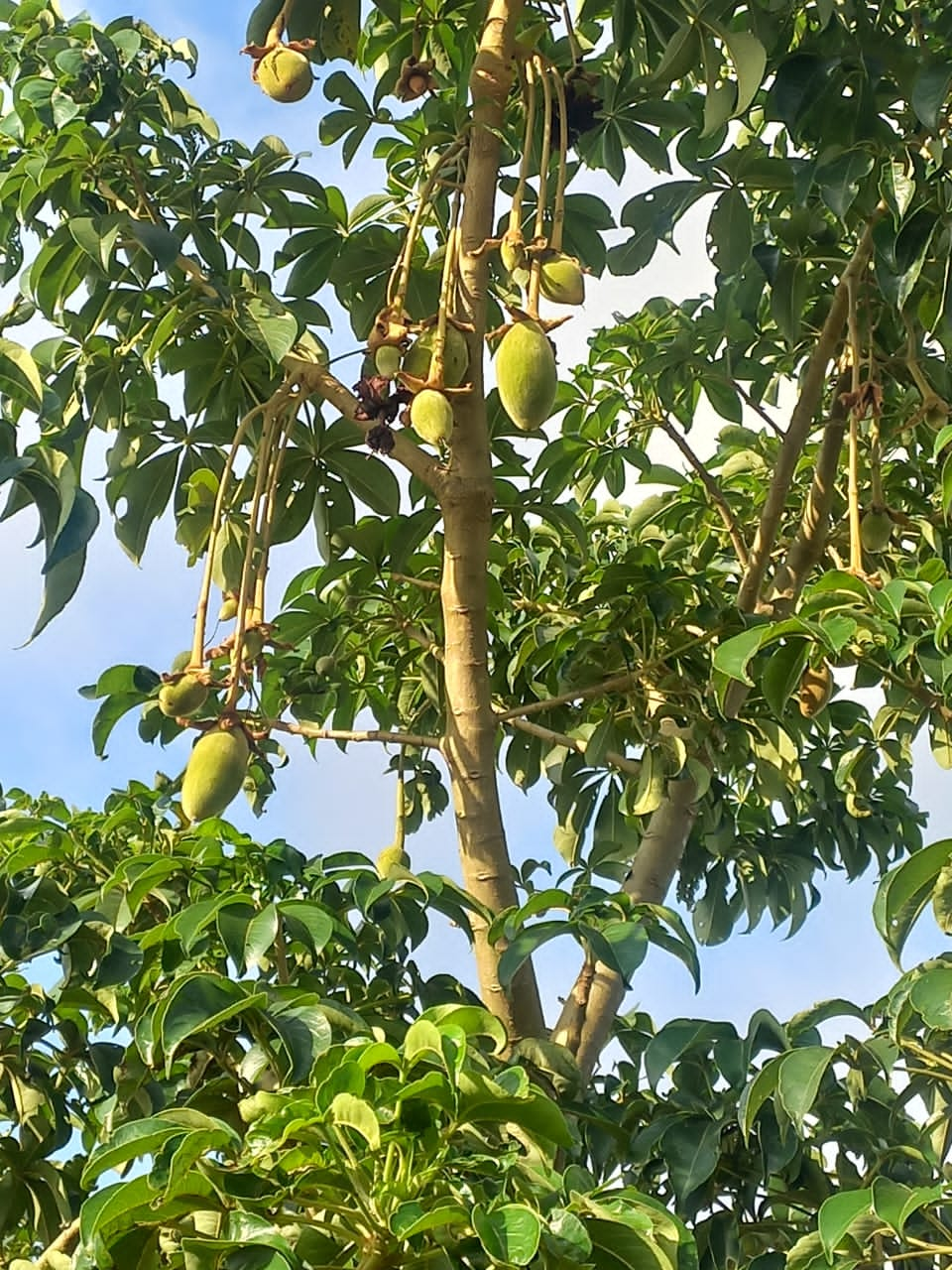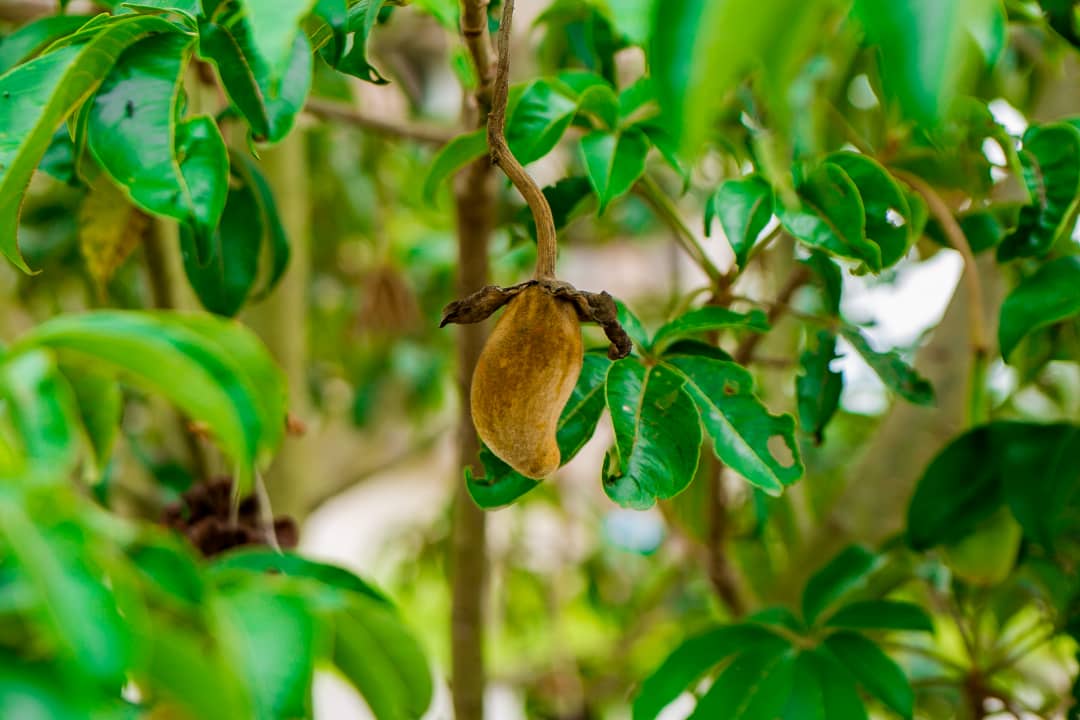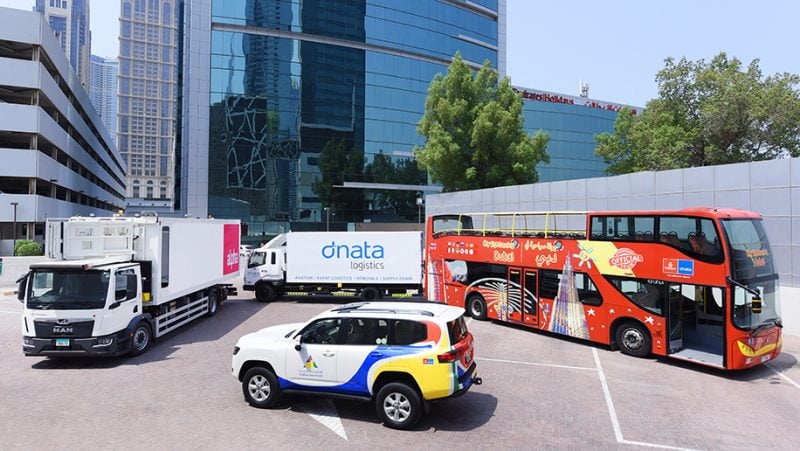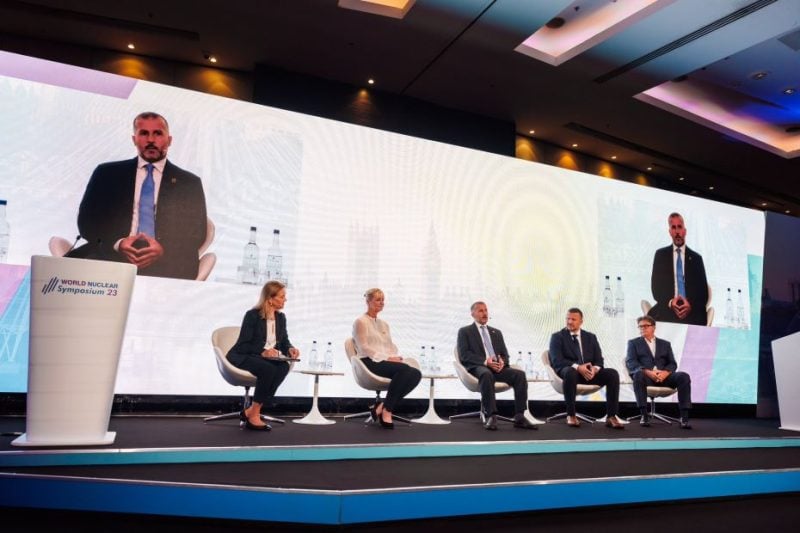By: Mohammed Abu
Even though the palm oil tree in Malaysia and Indonesia are said to be of West African origin, first introduced as ornamental plants, to the two countries, they have since leveraged research and cutting-edge technologies and maximized economic gains from the tree.
Reuters, Indonesia reports that the country, the world’s leading producer of palm oil, last Friday, flew her first commercial flight using palm oil-blended jet fuel, as she pushes for wider use of biofuels to cut fuel imports.
Garuda Indonesia CEO, Irfan Setiaputra, the report is said to have disclosed that, the flight was operated by flag carrier Garuda Indonesia, the Boeing 737-800NG aircraft carried more than 100 passengers from the capital Jakarta to Surakarta city about 550 kilometres (342 miles) away.
Pertamina, according to the report said, the palm-based fuel emits less atmosphere warming greenhouse gases compared with fossil fuels, and palm oil producing countries have called for the edible oil to be included in feedstock for the production of sustainable aviation fuel (SAF).
“In 2021, Pertamina successfully produced 2.0 SAF in its Cilacap unit using co-processing technology and was made of refined bleached deodorized palm kernel oil with production capacity 1,350 kilolitres per day,” the report quoted Alfian Nasution, a director at Pertamina.
The report added that Harris Yahya, a director at Energy Ministry said the use of biofuel would lower the greenhouse effect.
Historical Antecedents
Indonesia
The first seeds of the oil palm were brought to Indonesia from West Africa by the Dutch and planted in the Bogor Botanical Garden (Java Island) in 1848 (Wahid et al. 2004).
In 2021, the total size of oil palm plantations in Indonesia was around 14.62 million hectares.
Malaysia
Palm oil trees were introduced to British Malaya by the British government in early 1870s as ornament plants from Eastern Region and The Oil River Protectorate, Nigeria, West Africa.
In 1917, the first commercial planting of the oil palm took place at Tennamaran Estate in Batang Berjuntai, Selangor.
In 2021, the size of mature palm oil plantations in Malaysia was around 5.14 million hectares. Fully mature oil palms can produce around 18 to 30 metric tons of fresh fruit bunches per hectare.
Uses and Economic Importance
Widely used in Indonesia for cooking oil and applications such as personal care and cleaning products, palm oil is an important sector in Southeast Asia’s largest economy with the industry employing millions of workers
Palm oil is the main agricultural export of Indonesia and Malaysia, generating 10 % and 5 % respectively of their exports. The sector provides employment for 721 000 smallholders and labourers in Malaysia, and 4 million in Indonesia; a further 11 million in the two countries are indirectly dependent on it.

